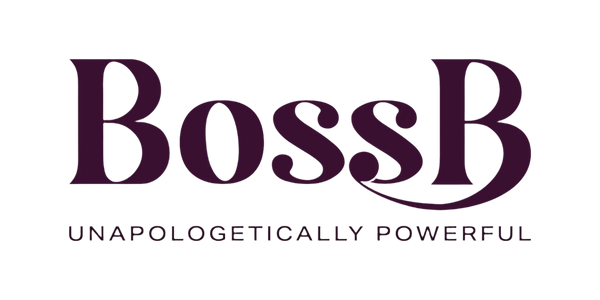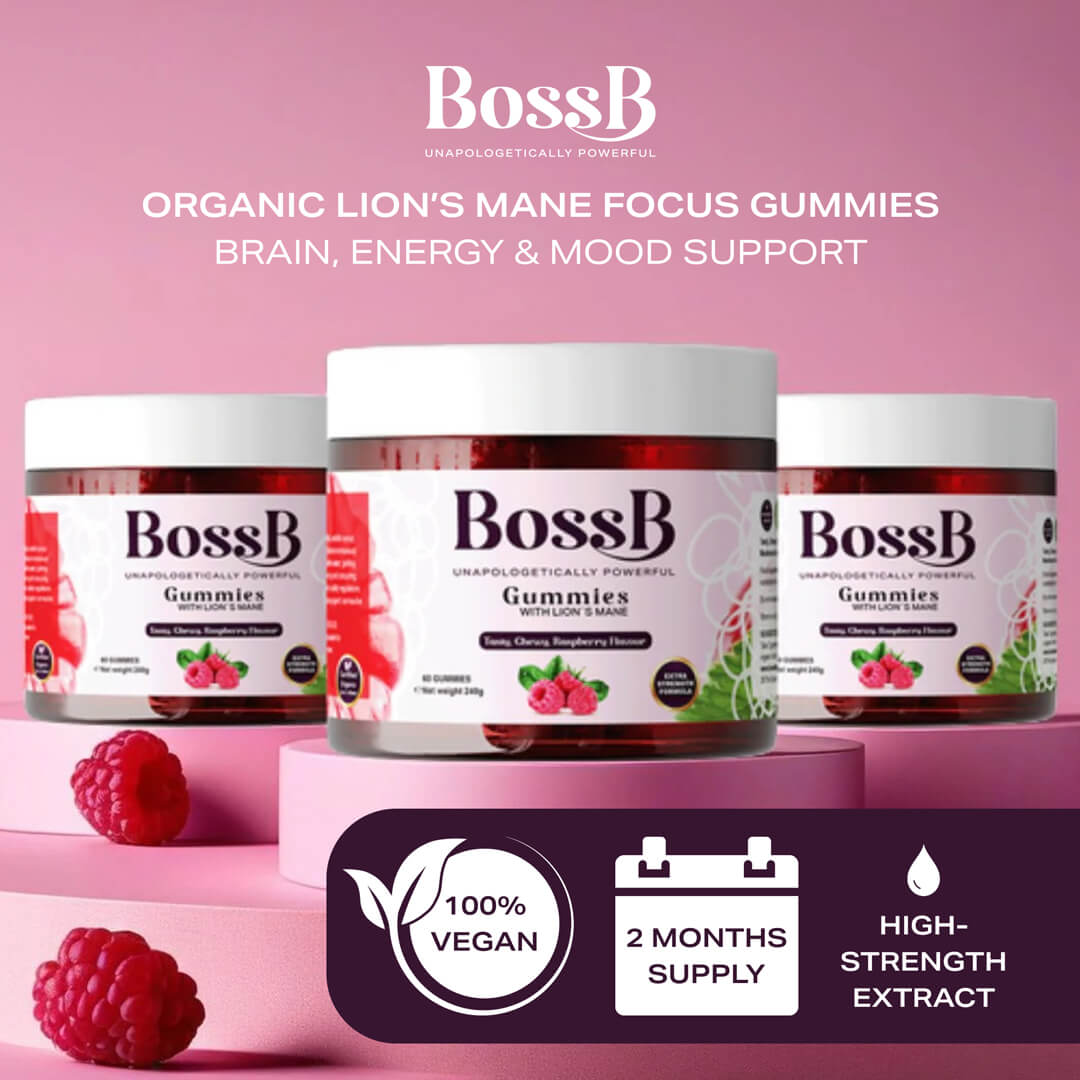Burnout
Burnout and Brain Resilience: What the Science Says
Burnout is now recognised by the World Health Organization as a serious occupational phenomenon, characterised by persistent exhaustion, reduced productivity, and mental fog that can make even simple tasks feel overwhelming.
While the roots of burnout are multifactorial,spanning workload, lifestyle, and emotional stress, growing research suggests that nutritional support for brain resilience may play a valuable complementary role.
Among emerging natural compounds, Lion’s Mane mushroom (Hericium erinaceus) has shown particular promise for supporting cognitive performance, mood balance, and neurological recovery under conditions of stress and fatigue.
How Lion’s Mane Supports the Stressed Brain
Lion’s Mane contains unique bioactive compounds, hericenones and erinacines, that have been shown in both preclinical and human studies to stimulate Nerve Growth Factor (NGF), a key molecule involved in the maintenance, repair, and regeneration of neurons (Mori et al., 2008; Zhang et al., 2021).
By promoting neuroplasticity and neurogenesis, Lion’s Mane may help support mental clarity and focus - capacities often diminished during periods of chronic stress and burnout.
Preclinical models also point to antioxidant and anti-inflammatory activity that may further protect the brain from stress-related cellular damage (Zhang et al., 2021).
Evidence from Human Studies
-
Cognitive function and memory:
A 16-week double-blind, placebo-controlled trial found that daily Lion’s Mane supplementation significantly improved mild cognitive impairment in older adults. When supplementation stopped, improvements gradually declined, suggesting continued use is key to maintaining benefits (Mori et al., 2009). -
Mood and restorative sleep:
In another pilot study, participants taking Hericium erinaceus experienced improvements in mood balance and sleep quality after eight weeks (Vigna et al., 2019). These findings support Lion’s Mane’s potential to enhance emotional wellbeing, a vital aspect of burnout recovery.
Together, these studies suggest that Lion’s Mane may help strengthen the brain’s resilience to stress by supporting cognitive performance, mood regulation, and overall neural health.
Why Potency and Purity Matter
Most research uses high-potency Lion’s Mane extracts, typically equivalent to 3,000–7,500 mg of dried mushroom per day.
Boss B Lion’s Mane Gummies are formulated to mirror this standard, delivering extract derived from 7,500 mg of certified-organic fruiting body, dual-extracted for maximum bioavailability and independently tested by Eurofins for purity and safety.
This ensures that what you’re taking aligns with the dosages and extract types used in the studies above, not the lower-strength powders often found on the market.
Safety and Tolerability
Across published human trials, no serious side effects have been reported with Lion’s Mane supplementation.
It is generally regarded as very well tolerated in healthy adults, with gastrointestinal comfort and mood stability remaining unchanged or improved (Nagano et al., 2010; Vigna et al., 2019).
That means for most people, there’s little downside to trying Lion’s Mane as part of a broader strategy for managing stress, improving focus, and supporting mental recovery, especially when taken consistently as a food supplement within a balanced lifestyle.
(As always, individuals who are pregnant, breastfeeding, or taking medication such as anticoagulants or diabetes treatments should consult their healthcare professional before starting new supplements.)
The Takeaway
Burnout recovery requires rest, boundaries, and lifestyle change, but nutritional neuroscience may also help.
Lion’s Mane offers a natural, well-studied way to support the brain’s repair systems and promote calm, clear thinking under stress.
With emerging human evidence, a strong safety record, and Boss B’s clinical-strength formulation, it’s a smart, low-risk addition to any routine focused on clarity, focus, and long-term cognitive wellbeing.
References
-
Mori, K., Inatomi, S., Ouchi, K., Azumi, Y., & Tuchida, T. (2009). Improving effects of the mushroom Yamabushitake (Hericium erinaceus) on mild cognitive impairment: A double-blind placebo-controlled clinical trial. Phytotherapy Research, 23(3), 367–372. https://doi.org/10.1002/ptr.2634
-
Vigna, L., Morelli, F., Agnelli, G. M., Napolitano, F., Ratto, D., Occhinegro, A., & Savino, E. (2019). Hericium erinaceus improves mood and sleep disorders in patients affected by overweight or obesity: A pilot study. Evidence-Based Complementary and Alternative Medicine, 2019, 1–9. https://doi.org/10.1155/2019/7861297
-
Zhang, J., An, Y., Gao, J., Han, J., Pan, R., Wang, C., … & Guo, H. (2021). Neuroprotective effects of Hericium erinaceus (Lion’s Mane) mushroom: A review of clinical and animal studies. Frontiers in Aging Neuroscience, 13, 738582. https://doi.org/10.3389/fnagi.2021.738582
-
Nagano, M., Shimizu, K., Kondo, R., Hayashi, C., Sato, D., Kitagawa, K., & Ohnuki, K. (2010). Reduction of depression and anxiety by four weeks Hericium erinaceus intake in women. Biomedical Research, 31(4), 231–237.














